Demystifying Non-Surgical TMJ Treatments: Top Tools, Techniques, and Outcomes Explained

Living with temporomandibular joint (TMJ) disorders can be both physically and mentally exhausting. Finding the right treatment is essential to alleviate pain, improve function, and restore quality of life. While surgical intervention remains an option, most TMJ patients can benefit from non-surgical treatments, often offering successful outcomes and enhanced well-being. In this FAQ-style article, we'll address common questions and misconceptions about non-surgical TMJ therapies, providing clarity and reassurance on the state-of-the-art approaches utilized at Suburban TMJ and Sleep Center. Our goal is to help you make informed decisions about your treatment, guide you through the therapeutic options available, and highlight the promising outcomes of non-surgical TMJ intervention. Seek the lasting relief you deserve and gain confidence in your choice of treatment through our comprehensive insights and expertise.
1. What Are the Most Common Non-Surgical TMJ Treatments?
Suburban TMJ and Sleep Center offers a variety of non-surgical TMJ treatments tailored to your specific needs and condition. These approaches may include:
- Oral appliance therapy: Custom-made oral appliances, such as splints or bite guards, can help reduce pressure on the TMJ joint, relax jaw muscles, and prevent teeth grinding (bruxism).
- Physical therapy: A combination of targeted exercises, manual therapy, and posture correction can improve jaw muscle strength, increase range of motion, and alleviate TMJ pain.
- Pain management strategies: Over-the-counter pain relievers, prescription medications, and anti-inflammatory drugs may be prescribed to control pain and inflammation during TMJ treatment.
- Trigger point injections: Muscles around the TMJ can develop painful knots or trigger points. Injecting a local anesthetic or saline solution can help to break up tight muscle bands, providing TMJ pain relief.
- Botox injections: In some cases, Botox injections can be used to relax overactive jaw muscles, reducing pain and tension caused by TMJ disorders.
- Stress reduction techniques: Minimizing stress plays a significant role in effective non-surgical TMJ treatment, as muscle tension and clenching can exacerbate TMJ symptoms. Incorporating relaxation exercises, such as deep breathing or mindfulness, can help alleviate stress-related TMJ pain.
2. How Long Do Non-Surgical TMJ Treatments Take to Achieve Results?
The duration of non-surgical TMJ treatment varies depending on the individual's response, the severity of their TMJ disorder, and their consistency in following prescribed treatment plans. Some patients may experience pain relief and improved function within a few weeks, while others may require ongoing treatment and maintenance for several months. It's essential to maintain open communication with your treatment provider, as adjustments to your non-surgical therapy plan may be necessary to optimize results.
3. Are Non-Surgical TMJ Treatments Permanent Solutions?
Many non-surgical TMJ treatments focus on addressing the root causes of TMJ disorders, aiming for long-lasting relief and function improvement. While some patients may require additional treatment later, non-surgical approaches can effectively manage TMJ pain and dysfunction for an extended period, particularly when combined with lifestyle changes and ongoing maintenance exercises.
4. Are Non-Surgical TMJ Treatments Painful or Uncomfortable?
Most non-surgical TMJ treatments are designed to alleviate pain and promote comfort. Oral appliances and physical therapy, for example, focus on gently guiding the jaw into a more optimal position, reducing strain on the TMJ and surrounding structures. In some cases, treatments such as trigger point injections or Botox injections may cause temporary discomfort, but your TMJ specialist will take the necessary precautions to minimize any pain.
5. How Do I Know If Non-Surgical TMJ Treatments Are Right for Me?
A thorough evaluation by an experienced TMJ professional is necessary to determine if non-surgical treatments are appropriate for your specific condition. Factors such as the cause of your TMJ disorder, its severity, and your overall health will be considered when developing your personalized treatment plan. Non-surgical treatments are typically considered first-line options for most TMJ disorders, and surgical intervention is reserved for cases where other approaches have proven ineffective.
6. Will My Insurance Cover Non-Surgical TMJ Treatments?
Insurance coverage for non-surgical TMJ treatments varies depending on your provider and specific policy. It is always important to consult your insurance company to understand your coverage options. The team at Suburban TMJ and Sleep Center can also help you navigate insurance concerns to ensure that you receive the maximum benefits available to you.
7. Can I Use At-Home TMJ Remedies in Addition to My Non-Surgical Treatment Plan?
Incorporating at-home remedies to support your non-surgical TMJ treatments can be beneficial. This may include practicing jaw stretching exercises, stress reduction techniques, and applying heat or cold therapy to alleviate pain and discomfort. Always consult your TMJ professional before starting any at-home remedies to ensure that they align with your prescribed non-surgical treatment plan.
8. How Do I Find the Right TMJ Specialist for Non-Surgical Treatment?
Choosing the right TMJ specialist is crucial for the success of your non-surgical TMJ treatment. Look for healthcare professionals who have advanced training and experience in diagnosing and treating TMJ disorders. Reading patient reviews and seeking referrals from friends, family, or your primary dentist can also aid in finding a reputable TMJ specialist.
In conclusion, non-surgical TMJ treatments offer a diverse range of effective approaches to managing pain and improving joint function. By dispelling common misconceptions, you can make informed decisions and trust in the power of non-surgical therapies, guided by the expertise of your dedicated TMJ specialist.
Embrace a Pain-Free Life with Non-Surgical TMJ Treatments
In conclusion, non-surgical TMJ treatments can provide effective relief from discomfort and enhance your quality of life. These state-of-the-art techniques, combined with the personalized approach offered at Suburban TMJ and Sleep Center, create tailor-made solutions that address the unique needs of each TMJ patient. Armed with a deeper understanding of non-surgical therapy options, you're now ready to make well-informed decisions regarding your TMJ treatment journey.
Take the first step towards lasting relief by scheduling a consultation with our expert team at Suburban TMJ and Sleep Center. We'll develop a customized non-surgical treatment plan designed to alleviate pain, improve jaw function, and enhance your overall well-being. Don't let TMJ disorders dictate your life any longer – regain control and enjoy the benefits of expert
non-surgical TMJ therapy today.
CONTACT INFORMATION
Phone: (630) 305-7914
Email: frontdesk@suburbantmjcenter.com
Address: 1309 Macom Drive, Suite 107
Naperville, IL 60564
CONNECT WITH US
All Rights Reserved | Website Designed By: Morningdove - Accessibility Statement











